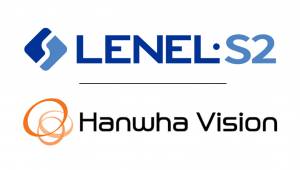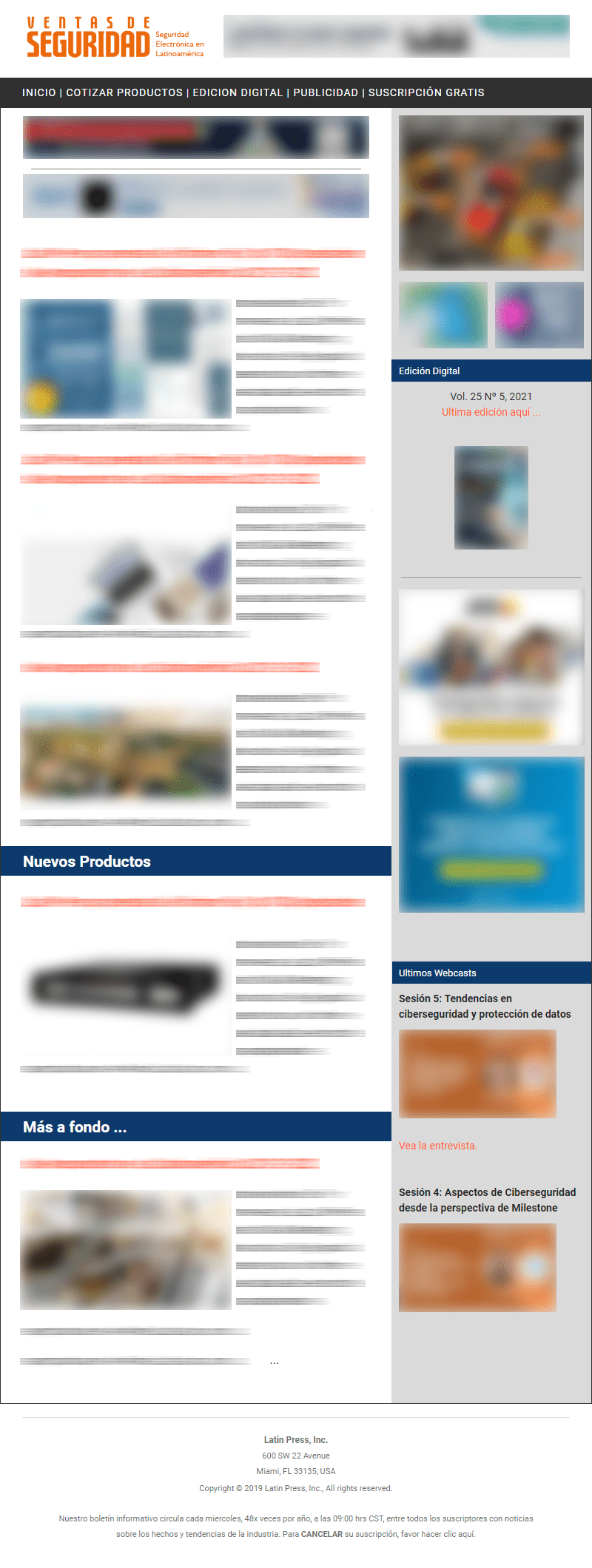Local authorities found in smart ticket technology a tool that simplifies and makes fare collection more efficient.
by Andrés Chenevard*
One of the biggest challenges facing large cities is improving traffic congestion. The public system, as a means of greater capacity to transport passengers, is the central axis of this situation.
Smart tickets have been gaining ground as an option to access public transport because it is a simple, agile and safe alternative.
These tickets are electronic systems that give access to spaces through the use of different technologies such as bar codes, QR codes and radio frequency identification.
Its use – habitual to enter concerts, sporting events or entertainment – has also reached means of transport such as air and land, venturing more and more strongly into the internal public transport of large and medium-sized cities in the world.
Panorama and challenges in Latin America
Latin America has experienced significant advances in terms of its public transport systems in recent years.
Essentially due to the high rates of urbanization and exodus of people to the cities, they have seen the need to implement different means of transport, mainly buses and subways, as the preferred options for travel.
In general terms and along the same lines as CAF - Development Bank of Latin America, the main challenges facing the region are to offer a better service, promote regulation, reduce pollution and provide more security within the systems.

Metropolises such as Bogotá, considered the eighth largest city in the world, as well as Belo Horizonte, the third largest metropolitan area in Brazil and Mexico City, the largest urban agglomeration in the Spanish-speaking world, are some of the cities where people lose more hours a year because of traffic jams.
According to the most recent report by the firm Inrix (Leading Transportation Analytics Solutions), Bogotá is the eighth most congested city and is where more hours are spent in the middle of traffic. Mexico City and Belo Horizonte rank 23rd and 57th, respectively.
The trend shows that Latin America is turning to the search for sustainable and circular options such as electric public transport, which aims to turn cities into quieter, more sustainable and efficient spaces.
In this transition, local authorities found in smart ticket technology a tool that simplifies and makes fare collection more efficient, while providing easy and convenient payment options, as a strategy to contribute to the reduction of travel times.
Open standards, the best option for cities
Open standards give transport authorities and operators control of their toll network. They provide peace of mind for a sustainable framework that can evolve and support new technical trends and business requirements in a cost-effective manner.
Numerous certified manufacturers can supply the products, solutions and services of a future project, allowing competitive tenders over time. In open standards there is no market captivity.

In the past, public transportation frequently implemented unique systems and proprietary fare collection systems, where each collection system employed single-fare means and data management systems. These systems could not interoperate with other payment schemes and added high costs.
With the open standard the possibilities of payment increase; the user can use their bank card, their mobile device or a QR code to access the transport in an effective way.
With the open system, the chip of the card or ticket is able to support multiple applications, becoming an adjustable option to the needs and particularities of each city. With this system, other types of services can also be integrated, such as buses, buses or trams that connect to metro systems, the use of public bicycles or shopping in different commercial establishments, in addition to the possibility of integrating applications and access solutions.
In terms of security and hacking possibilities, the risks are lower with open standards. In case of a situation, it will be particular and the rest of the system will be safe and functional. An open standard for the development of safe transportation solutions creates more cost-effective, safe, flexible, scalable and extensible systems.
Safe solutions for the future of urban mobility
Near field communication technology, or NFC (for its acronym in English) and mobile access control have taken greater prominence and expanded their incorporation beyond high-end smartphones, to also reach the medium-high line and the mid-range, thus achieving greater coverage in different services additional to access shows.
This is the case of smart tickets or electronic tickets for public transport, a technology that is presented as an alternative in Latin American countries, where their inhabitants can have their "tickets" on their smartphones.
The biggest challenge for transport entities is to provide a solution of this nature with the convenience and security of a smart card, and that is that users expect this convenience without having to deal with fraud or possible piracy of digital tickets.
With this challenge, technology manufacturers develop solutions based on microprocessors with cryptographic capabilities to provide a much more secure and stable basis for ticket generation.
For example, HID Global has available to cities and their authorities the SOMA Atlas® operating system, a flexible, fast and secure option that combines the capabilities of multiple applications with the advantages of the international standard Calypso 3.1/3.2.
 HID Global became the world's first mobile ticket solution provider with a software development kit (SDK) that is fully certified and meets Calypso HCE standards for secure and convenient mobile ticketing on smartphones. The certification specifies how to protect banknote data stored in the mobile device wallet, helping transport operators effectively fight fraud by preventing tickets from being duplicated, transferred or altered.
HID Global became the world's first mobile ticket solution provider with a software development kit (SDK) that is fully certified and meets Calypso HCE standards for secure and convenient mobile ticketing on smartphones. The certification specifies how to protect banknote data stored in the mobile device wallet, helping transport operators effectively fight fraud by preventing tickets from being duplicated, transferred or altered.
Trusted by public transport networks and cities around the world, Calypso is an open standard for contactless ticketing applications using Calypso cards and NFC mobile phones. The Calypso Host Card Emulation (HCE) standard extends the success of CNA standards to mobile devices, and the Calypso HCE Security Certification (CHSC) combines a state-of-the-art assessment methodology with the most stringent requirements of mobile security programs.
Mobile tickets powered by the HID SOMA Atlas 4Digital SDK can be used with Near Field Communication (NFC)-enabled smartphones, just like any paper or card-based ticket that complies with the Calypso standard.
The HID SDK also enables transport operators and authorities to greatly expand the range of devices that customers can "leverage to pay" to travel using Android smartphones and other NFC devices. In addition, passengers can also use their mobile devices to add funds ("top-up") their Calypso-based transportation cards, making it even easier to pay for and use public transportation, while minimizing physical contact.
The Calypso certification is a registered trademark and is the seal used to certify the products and confirm that they have met the requirements established in the specifications of the company Calypso Networks Association (CNA), global association for the contactless toll community, responsible for regulating the use of Calypso technology and offering specialized services to promote open standards and allow their use with the different local toll requirements, as global.
CNA also added HID's Access-IS VAL100 ticket validators to its Terminal Registration list, the VAL100 has an open architecture for use in a variety of automated public transportation fare collection systems.
Smart mobility is an urgency of cities in Latin America and the Caribbean, regions that together gather around 667 million inhabitants, who can find in smart ticket technology an ally for the consolidation of different transport systems as a fundamental requirement to improve the quality of life conditions of their citizens.
 * Andrés Chenevard, director of sales and business development of EMS (Event & Mobility Solutions) for HID Global in the Americas.
* Andrés Chenevard, director of sales and business development of EMS (Event & Mobility Solutions) for HID Global in the Americas.


























Leave your comment